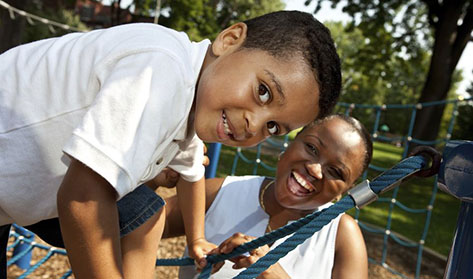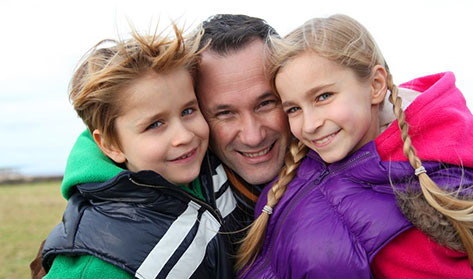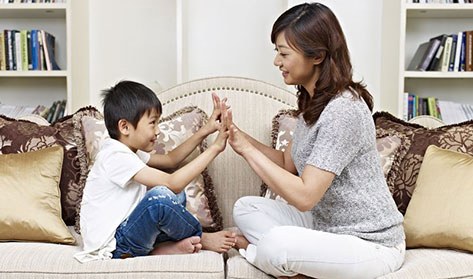 Marriage counseling alone isn’t a fix, and sometimes a marriage can’t be fixed despite the efforts you and your spouse put into trying to save it. In some cases, divorce seems like the most practical solution. But even if marriage counseling can’t restore your marital relationship, it can help prepare you for life after divorce.
Marriage counseling alone isn’t a fix, and sometimes a marriage can’t be fixed despite the efforts you and your spouse put into trying to save it. In some cases, divorce seems like the most practical solution. But even if marriage counseling can’t restore your marital relationship, it can help prepare you for life after divorce.
To Counsel or Not to Counsel
While fewer than 5 percent of couples whose marriages end in divorce even try marriage counseling before taking that final step, it can be helpful, even if you and your spouse get a divorce in the end.
Marriage counseling gives you and your spouse the opportunity to express your feelings in a structured yet safe environment. An unbiased third party (the marriage counselor) is present to provide direction during the sessions.
With the guidance of a professional therapist, marriage counseling will help you develop communication skills that can also strengthen your relationships with others—not just your soon-to-be ex-spouse.
What You Can Learn from Marriage Counseling
Along with helping you to identify the problems in your marriage, marriage counseling helps you develop skills that you can use in all your interpersonal relationships, including your relationship with your spouse after divorce. Counseling can help you see the value in:
Not Placing Guilt and Blame
No matter what problems exist between you and your spouse, it’s important for each of you to take responsibility for your parts in contributing to the difficulties in your marriage. Divorce isn’t necessarily the fault of one spouse or the other, and in many states, assignment of fault doesn’t affect whether a divorce is granted.
Since the state of Washington is a no-fault divorce state, proving that one spouse or the other is at fault for the divorce generally does not impact the court’s decision. As long as one spouse declares that the marriage can’t be saved, the court grants a decree of divorce.
Listening
When major conflict erupts in a marriage, communication is a crucial aspect of finding solutions to problems so that you and your spouse can resolve difficult issues that arise. Listening is an effective skill of conflict resolution because it shows that you respect and want to understand what the other person is thinking and feeling. It’s a skill you can practice in all your relationships with others.
Sharing Your Feelings
While in counseling, you must be willing to talk openly about the problems in your marriage even if you are getting a divorce. Honesty about what went wrong can help you leave the marriage with less anger, emotional pain, and hostility, especially if you have children. Talk therapy allows you to get your feelings out, which can help you, your spouse, and your children deal better emotionally with the changes in your lives.
Coping With Challenging Issues
Counseling helps you develop the skills to talk things through, particularly the issues that caused problems in your marriage. If you leave the marriage without addressing the sources of conflict in your relationship, you may experience a more painful divorce and higher levels of frustration and anxiety afterward.
Your Ability to Co-Parent
Successful co-parenting following divorce requires the ability to cooperate and deal with parenting issues by working together rather than against each other. You must be ready to rationally and realistically discuss with your former spouse any family-related issues that concern both of you.
Making a Change
Look to yourself rather than expecting other people to change. If you are getting divorced, your life is about to change in a big way. The thought of change alone can be stressful, so you don’t want to continue making the same mistakes. Counseling throughout the divorce process can help you prepare for this major life transition.
It’s important to know who you are and what you want in life. Marriage counseling when preparing for divorce can help you see changes you need to make in your feelings and behavior so that you can move on with your life as an emotionally healthy individual.
Overlapping Roles of Marriage Counselors and Divorce Attorneys
Divorce is a complicated legal and emotional process—a process that often involves help from multiple professionals in order for a marriage to end on healthy terms for all concerned. Attorneys gain insight from marriage and family therapists and other mental health professionals that helps them develop a better understanding of the psychological effects of divorce on a family.
Marriage counselors learn through working with attorneys in court-ordered mediation processes more about the legal problems that can impact the emotional states of a divorcing couple and their children. Consequently, both professions can help each other help their clients.
When it comes to the area of divorce, the family law attorneys at Madison Law Firm, PLLC can make recommendations to help you navigate this difficult process with the least amount of emotional stress as possible.








